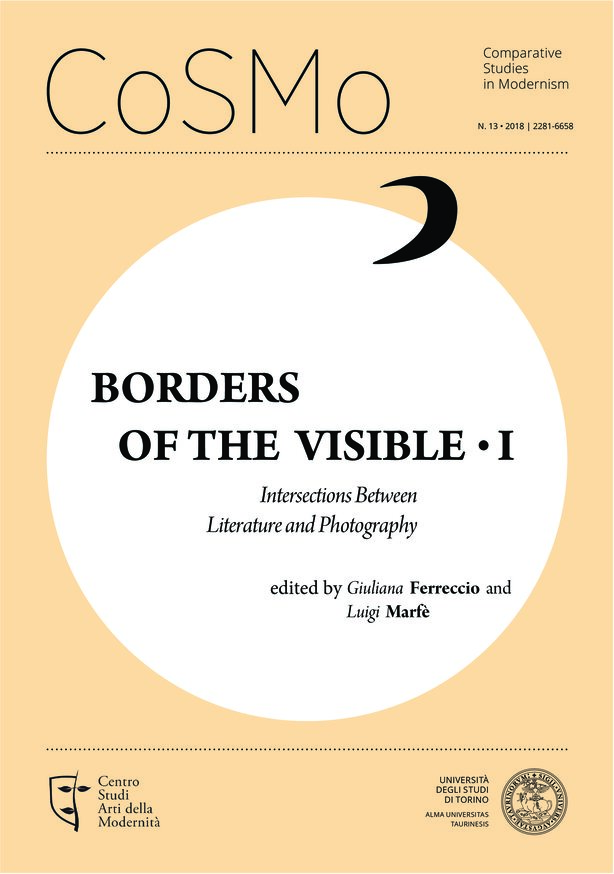Public Memory Underground Photographs of Protest in Uwe Johnson’s “The Third Book About Achim” (1967)
DOI:
https://doi.org/10.13135/2281-6658/3100Parole chiave:
Public Memory, Performativity, Photo Theory, Affect, AssemblyAbstract
This paper offers a preliminary investigation of the interrelation between literature, photography, and public memory under the conditions of authoritarian and neoliberal state control. Focusing on a fictionalized photograph of the 1953 workers’ uprising in East Germany in Uwe Johnson’s novel The Third Book about Achim (1967), I explore the performative capacity of photo-literary spaces to open up, and disrupt, institutionalized productions of public memory. Whereas official memorial technologies tend to close down alternative interpretations of history, this essay shows how small-scale, clandestine, or itinerant photographs embedded in literary archives animate historical impasses and possibilities, which persist to be responded to by future readers. More specifically, drawing on affect theory and political philosophy, I aim to rehabilitate photography’s indexicality as a performative register that enables human proximities across the boundaries of time and space.Downloads
I dati di download non sono ancora disponibili.
##submission.downloads##
Pubblicato
2018-12-25
Fascicolo
Sezione
Percorsi | Places, Cultures, Society
Licenza
Gli autori mantengono i diritti sulla loro opera e cedono alla rivista il diritto di prima pubblicazione dell'opera, contemporaneamente licenziata sotto una Licenza Creative Commons - Attribuzione che permette ad altri di condividere l'opera indicando la paternità intellettuale e la prima pubblicazione su questa rivista.






